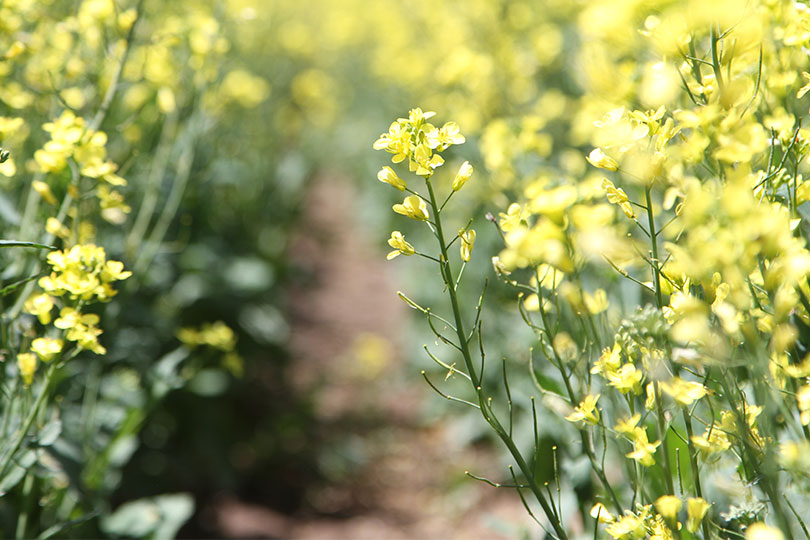By Jennifer Whitlock
Field Editor
Since 2018, Mexico has delayed scientific risk assessments of agricultural biotechnology products. Twenty-five agricultural biotech products–including apples, canola, cotton, potatoes and soybeans—are awaiting consideration by the Mexican government.
Last December, the country also announced it would phase out biotech corn for human consumption by 2024. including any imports, refrain from future approvals of biotech products and revoke any existing approvals.
Mexican President Andrés Manuel López Obrador reaffirmed those intentions in an Oct. 26 letter to President Joe Biden.
“Until 2018, the Mexican government approved agricultural biotechnology products in a process similar to that followed by our own government, using sound science and acting in a transparent manner,” Brant Wilbourn, Texas Farm Bureau (TFB) associate director of Commodity and Regulatory Activities, said. “But that all came to a sudden stop in 2018. It not only affects domestic agriculture in Mexico, but it also creates a domino effect that stretches across American and Canadian agriculture, as well.”
Companies are more reluctant to introduce new biotech crops in North America—and farmers more hesitant to grow them—because it is unclear whether those crops will be accepted for import into Mexico ahead of the 2024 deadline. Wilbourn noted farmers and companies may not want to invest in biotech if they cannot sell those commodities directly across the border to Mexico, one of the the United States’ largest trading partners.
Since the implementation of the North American Free Trade Agreement (NAFTA), the predecessor to the U.S.-Mexico-Canada Agreement (USMCA), the three nations’ agricultural economies have become inseparably linked.
Mexico’s stance against agricultural biotechnology is not rooted in scientific basis and is in direct opposition to its obligations under USMCA, Wilbourn noted.
When the trade agreement was signed, each North American country agreed to foster agricultural innovation by maintaining science-based approval processes and facilitating trade in agricultural biotechnology.
Without a current regulatory framework for approving gene-edited agricultural products, Mexico is not in compliance with USMCA. Wilbourn noted scientists around the globe have affirmed the need for gene editing technology to address climate issues, sustainability and human nutrition, among others.
Mexico is also not following another obligations outlined under USMCA’s sanitary and phytosanitary measures, where each nation agreed to base its standards to protect the life and health of humans, animals and plants on “relevant scientific principles” and “not be applied in a manner which would constitute a disguised restriction on trade between the parties.”
By restricting the importation of agricultural biotech products, like corn, Mexico is limiting trade, because it will be difficult for American farmers to segregate specific portions of their crops for export, according to Wilbourn.
“When a farmer is harvesting corn, all the cut corn goes into semi-trucks and is transported to the same grain silo or elevator. If we have to start separating out corn based on where it’s going to be delivered, that’s inefficient for the farmer and the elevator,” he said. “It gets even trickier when you start thinking about the growing season—what field has which seed, what chemistries it can tolerate, not planting those varieties too close to each other. So really, that’s not a viable option for most farmers.”
President Biden met with López Obrador and Canadian Prime Minister Justin Trudeau for the North American Leaders’ Summit in late November. A White House press release summarizing the talks only mentioned agriculture in relation to Biden’s “30×30” plan.


[…] the Biden Administration’s trade agenda focus on, beyond China? Some U.S. agriculture sectors have faced increasing challenges from key trade partner Mexico, for example. Meanwhile, will the U.S. and UK be able to come to an […]